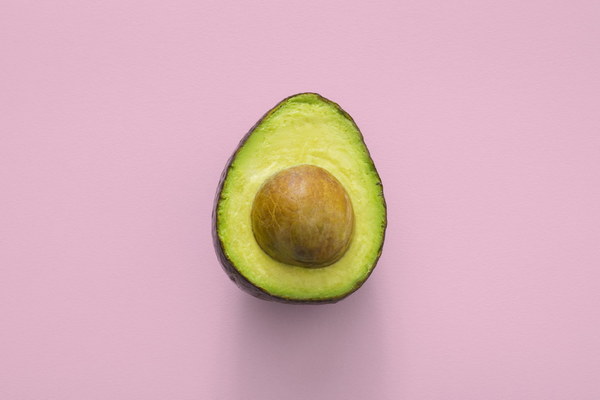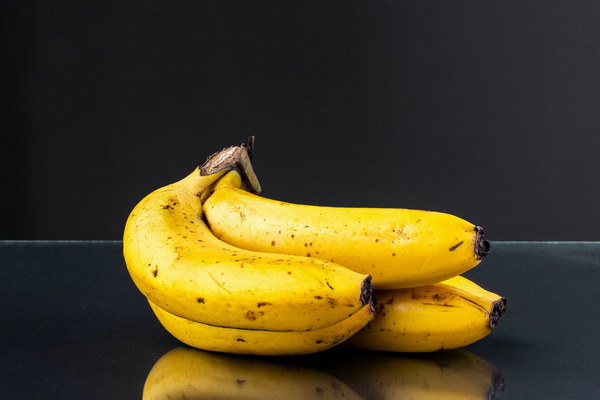Optimal Practices for Lung and Kidney Care A Comprehensive Guide
Introduction:
The health of our lungs and kidneys is crucial for overall well-being. Both organs play a vital role in filtering and maintaining the balance of bodily fluids. However, with the fast-paced lifestyle and environmental factors, it is essential to adopt practices that can help in nurturing and protecting these organs. In this article, we will explore the best ways to care for your lungs and kidneys, ensuring their optimal health and longevity.
1. Breathing Exercises:

One of the most effective ways to maintain lung health is through regular breathing exercises. These exercises help improve lung capacity, enhance oxygen flow, and strengthen the respiratory muscles. Here are a few breathing exercises that can be beneficial:
a. Diaphragmatic Breathing: Lie down flat on your back, place one hand on your chest and the other on your abdomen. Inhale deeply through your nose, allowing your abdomen to rise while your chest remains still. Exhale slowly through pursed lips, pressing down on your abdomen to expel air.
b. Alternate Nostril Breathing: Sit comfortably and take a deep breath in through your left nostril. Hold the breath for a few seconds, then exhale through the right nostril. Repeat the process, alternating nostrils.
c. Kapalbhati Pranayama: Sit in a comfortable position and take a deep breath in. Then, exhale forcefully through your nose, as if you are trying to blow out a candle. Inhale slowly and repeat the process for several rounds.
2. Hydration:
Proper hydration is essential for maintaining kidney health. Drinking an adequate amount of water helps flush out toxins and waste products from the kidneys. Aim for at least 8-10 glasses of water per day, depending on your body's needs and climate.
3. Healthy Diet:
A balanced diet can significantly impact the health of your lungs and kidneys. Incorporate the following foods into your diet:
a. Fruits and Vegetables: Rich in antioxidants and vitamins, fruits and vegetables help protect against oxidative stress and inflammation. Aim for a variety of colorful options to ensure a wide range of nutrients.
b. Lean Proteins: Opt for lean proteins such as fish, poultry, and plant-based sources like lentils and chickpeas. These proteins are easier on the kidneys than high-protein foods like red meat.
c. Nuts and Seeds: Almonds, walnuts, chia seeds, and flaxseeds are great sources of healthy fats, antioxidants, and minerals that support lung and kidney health.
d. Herbs and Spices: Turmeric, ginger, garlic, and cinnamon have anti-inflammatory properties that can help protect these organs.
4. Regular Exercise:
Engaging in regular physical activity can improve lung function, enhance circulation, and support kidney health. Activities such as walking, cycling, swimming, and yoga can be beneficial. Aim for at least 30 minutes of moderate-intensity exercise most days of the week.
5. Avoid Smoking and Exposure to Pollutants:
Smoking is a leading cause of lung disease and can have adverse effects on kidney health. Quitting smoking is crucial for maintaining healthy lungs and kidneys. Additionally, minimize exposure to air pollutants, dust, and other harmful substances.
6. Manage Chronic Conditions:
Conditions such as diabetes, high blood pressure, and autoimmune diseases can affect both the lungs and kidneys. Managing these conditions through medication, lifestyle changes, and regular check-ups can help prevent complications.
Conclusion:
Caring for your lungs and kidneys is essential for overall health and well-being. By incorporating the above practices into your daily routine, you can help ensure optimal health for these vital organs. Remember, regular medical check-ups and consultations with healthcare professionals are crucial for maintaining your lung and kidney health.









